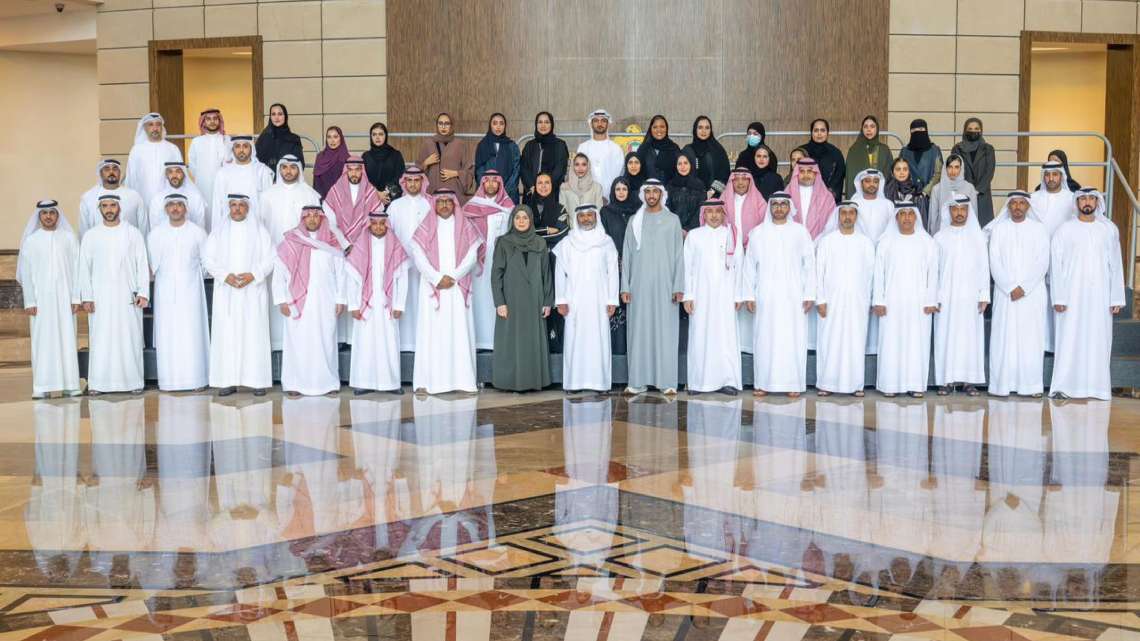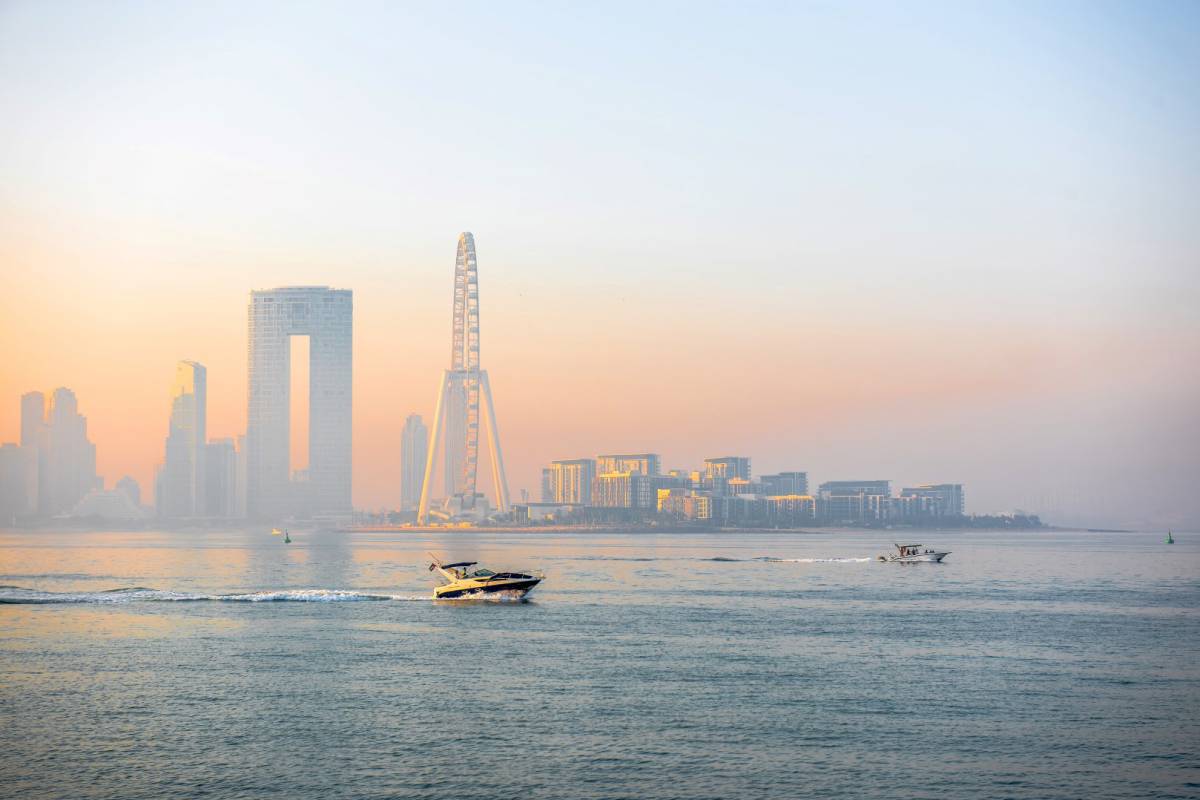The employers have given the option of choosing between providing a bank guarantee or an insurance policy to help reduce operational costs, reports Asian Lite Newsdesk
Dr. Abdulrahman Al Awar, Minister of Human Resources and Emiratisation, has issued the Ministerial Resolution No. 318 of 2022 regarding bank guarantees and employees’ protection insurance scheme in the private sector.
This decision is in line with the legislative framework that aims to preserve workers’ rights, support the business community, enhance the competitiveness and stability of the UAE’s work environment, and strengthen its reputation as a preferred and safe destination to live, work, and invest.
“The UAE’s commitment to guarantee and balance the rights of workers and employers reflect national legislations and highlight the nation’s active role in the main agreements originating from the International Labour Organisation,” said Aisha Belharfia, Assistant Undersecretary for Labour Affairs at the Ministry of Human Resources and Emiratisation (MOHRE).
“Offering establishments the option of choosing between providing a bank guarantee or an insurance policy allows them to choose what is most suitable for them and helps reduce operational costs, enabling employers to fulfil their legal obligations towards their workers,” she added.

Under the new resolution, establishments may pursue one of two options – the first, provide a bank guarantee of no less than AED3,000 for each worker, paid through a UAE-based bank, provided that the guarantee is valid for one year, can be automatically renewed and paid at the Ministry of Human Resources and Emiratisation’s demand, without any other restrictions.
The second option entails a 30-month insurance policy, at a value of AED137.50 for each skilled worker, AED180 for each low-skilled worker and AED250 for each worker paid by high-risk establishments that are not registered with the Wages Protection System (WPS).
The insurance coverage amounts to up to AED20,000 and includes the wages of the worker’s last 120 working days, the end-of-service gratuity, the expenses of returning the worker to their home country, and in the event of the worker’s death, the costs of repatriating the body to his home country, and other rights and entitlements that the employer is unable to fulfil, based on a decision by the ministry or the concerned labour court.
The resolution outlines four cases where the employer may submit a request to reclaim the employee’s bank guarantee or the remainder therefrom, including – in the event of cancellation of the employee’s work permit and providing proof of their departure from the country; in case of the employee’s death and providing proof of the body’s repatriation or burial in the UAE; if the employee is transferring to a new employer; or any other case in which the employer provides proof of cancellation of the employee’s work permit and payment of entitlements due to the employee.
The Ministry of Human Resources and Emiratisation reserves the right to refuse to reimburse the bank guarantee to the employer in two cases – if the employer is a party to a collective labour dispute until the employee’s entitlements are settled; or if evidence of due fines against the establishment is proven, or if the establishment’s work permits have been suspended.
New weekly work system
The Sharjah Executive Council (SEC) was briefed on the study evaluating the application of the new weekly work system in the Government of Sharjah, and its impact on the progress of government work.
The study focused on the impact of the new experience through several government entities including the police sector, the environment, human resources, and the financial sector.
According to the study, the application of the new weekly work system contributed to a rise in many indicators and positive factors related to the work environment and employee productivity, as indicators of work quality, efficiency, productivity, speed of completion, and levels of employee and customer satisfaction increased.
According to the study, traffic accidents and deaths decreased by up to 40 percent as against the first quarter of 2021, with a decrease in severe injuries and others.
The new work system improved the financial performance of government agencies, according to the financial analysis and comparison of expenses, revenues and other financial factors.
In the environment sector, the study showed that the period when the new work system was implemented witnessed a decrease in the percentage of emissions of various gases, including carbon monoxide, sulphur dioxide and nitrogen dioxide.
The council directed a follow-up of the study and evaluation of indicators related to the weekly work system until the end of this year to identify and strengthen the positives and develop negatives, ensure appropriate solutions and develop them.














